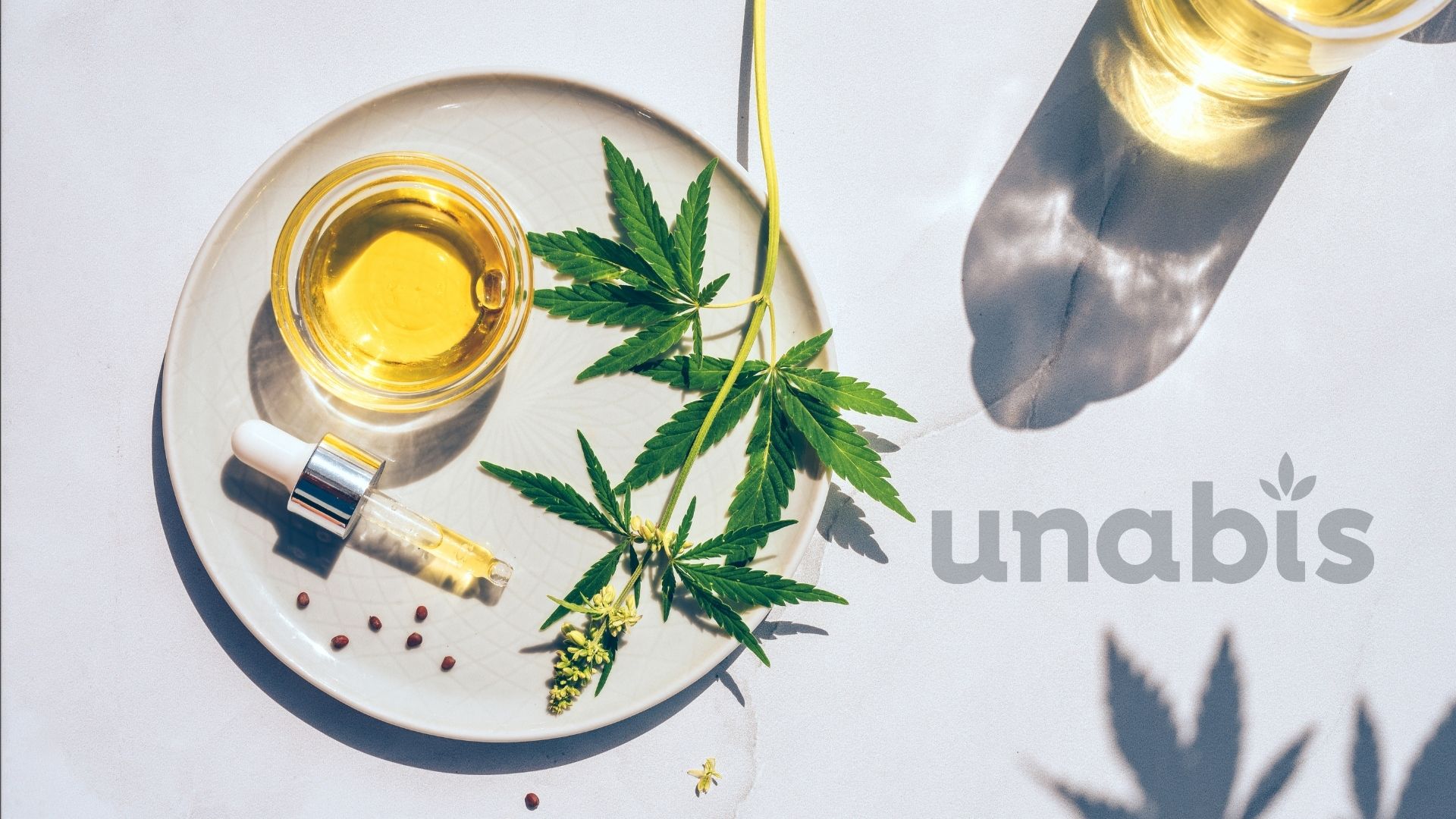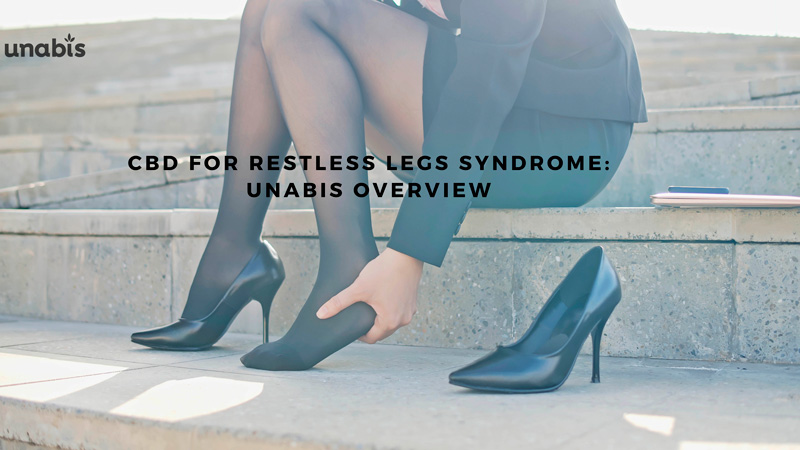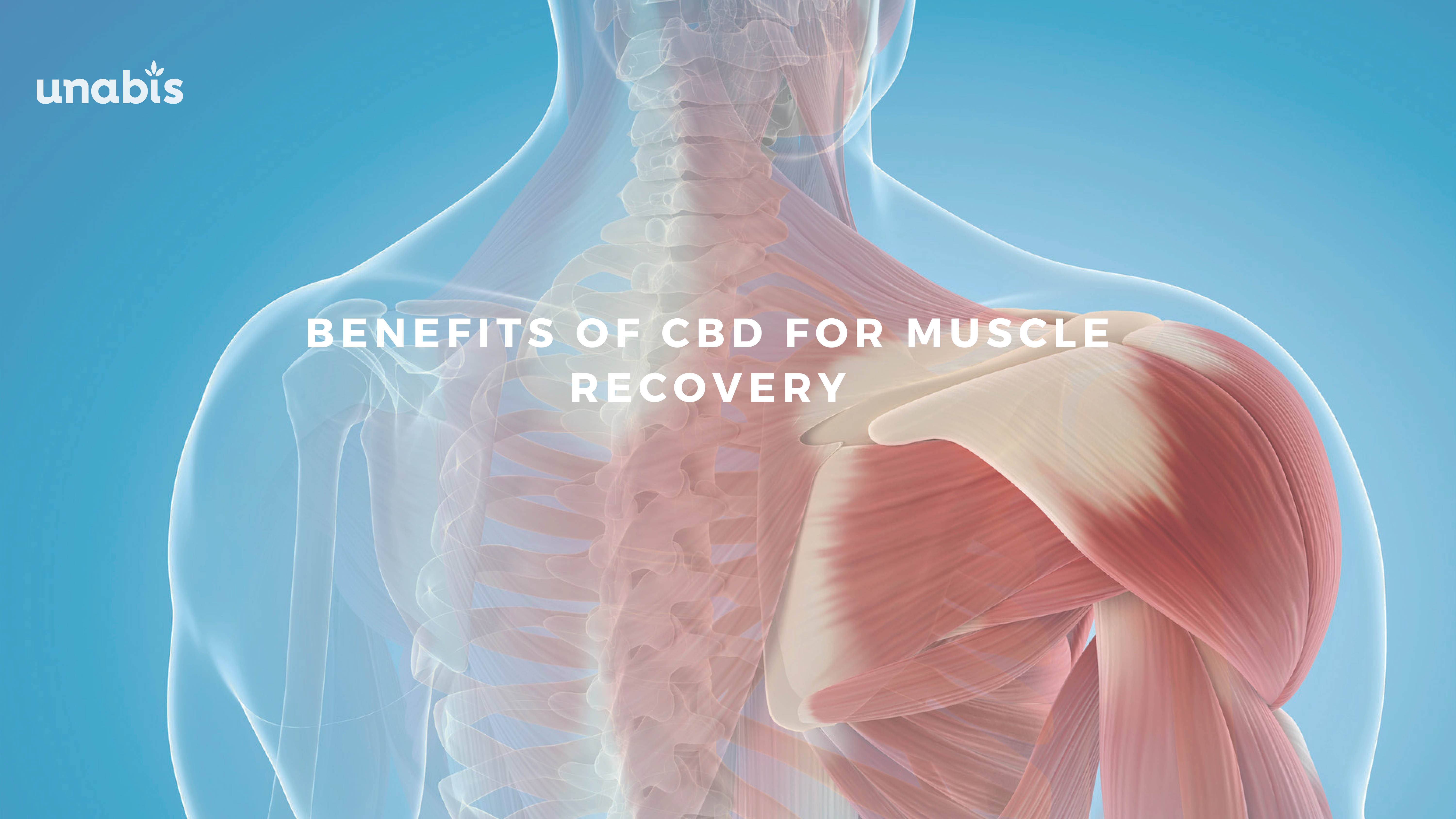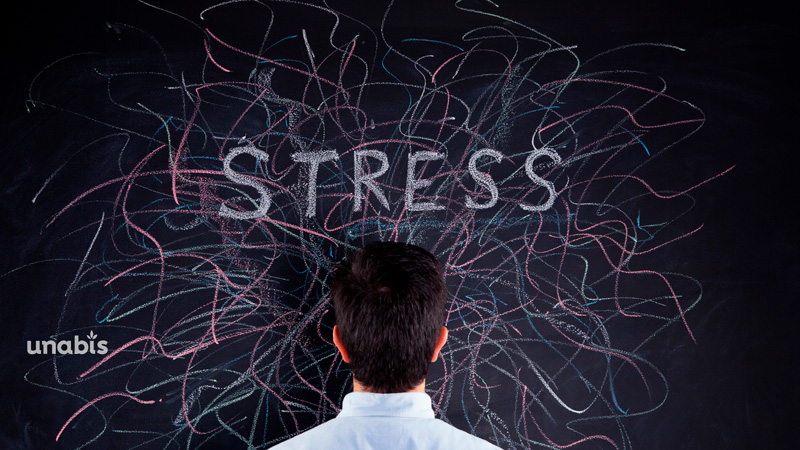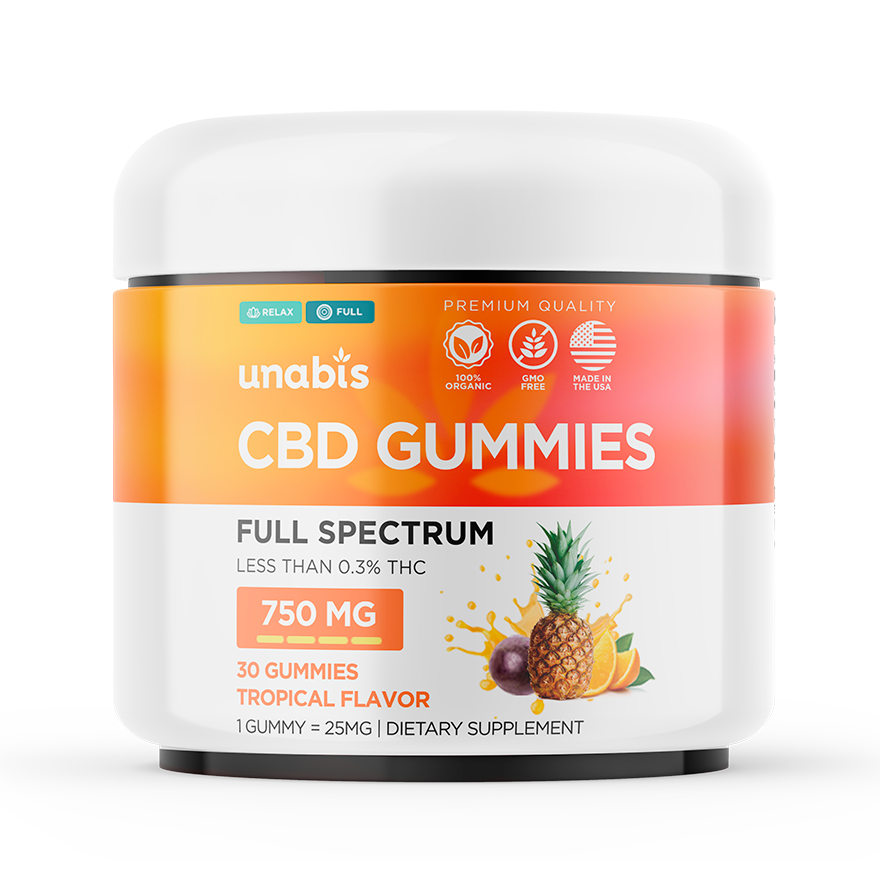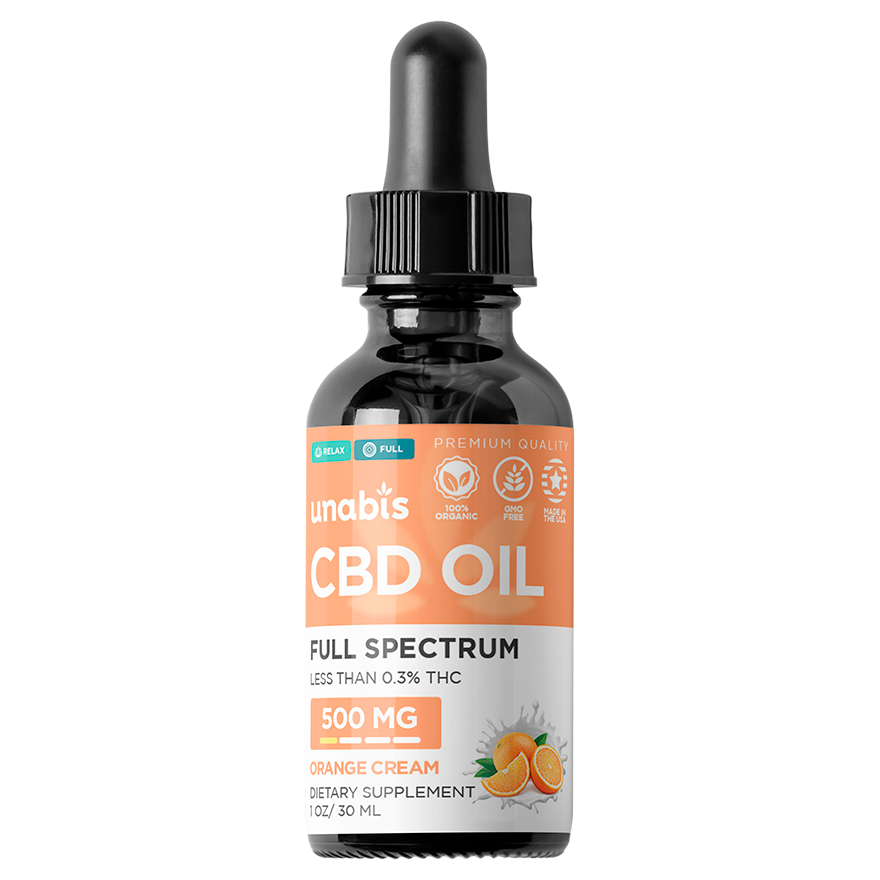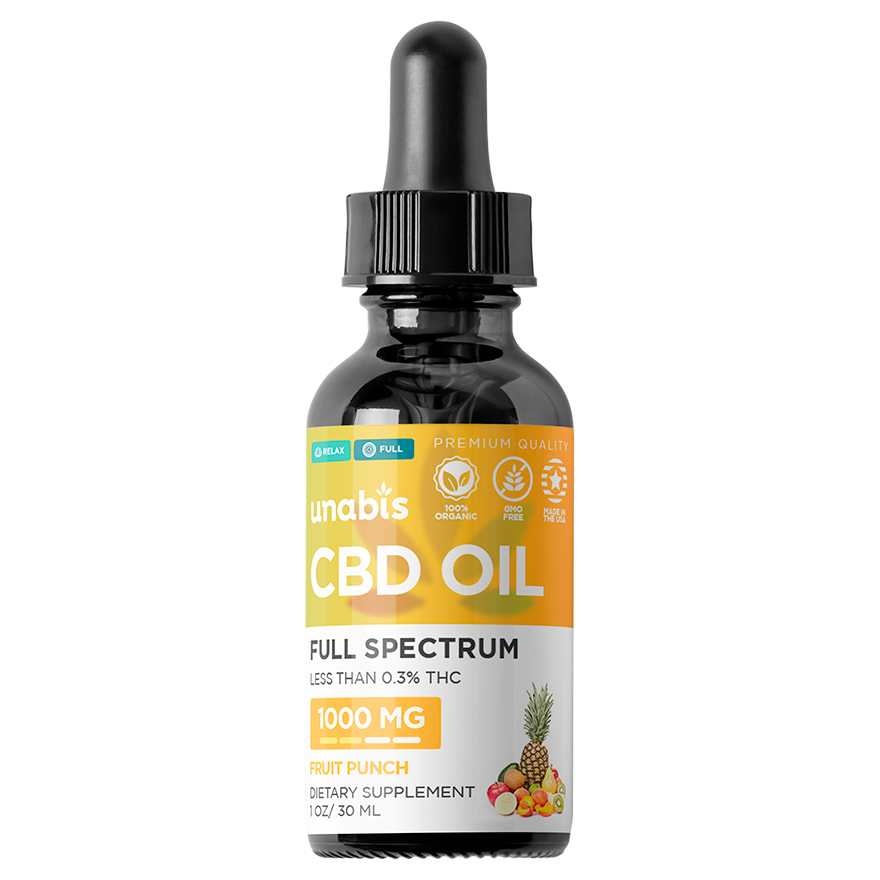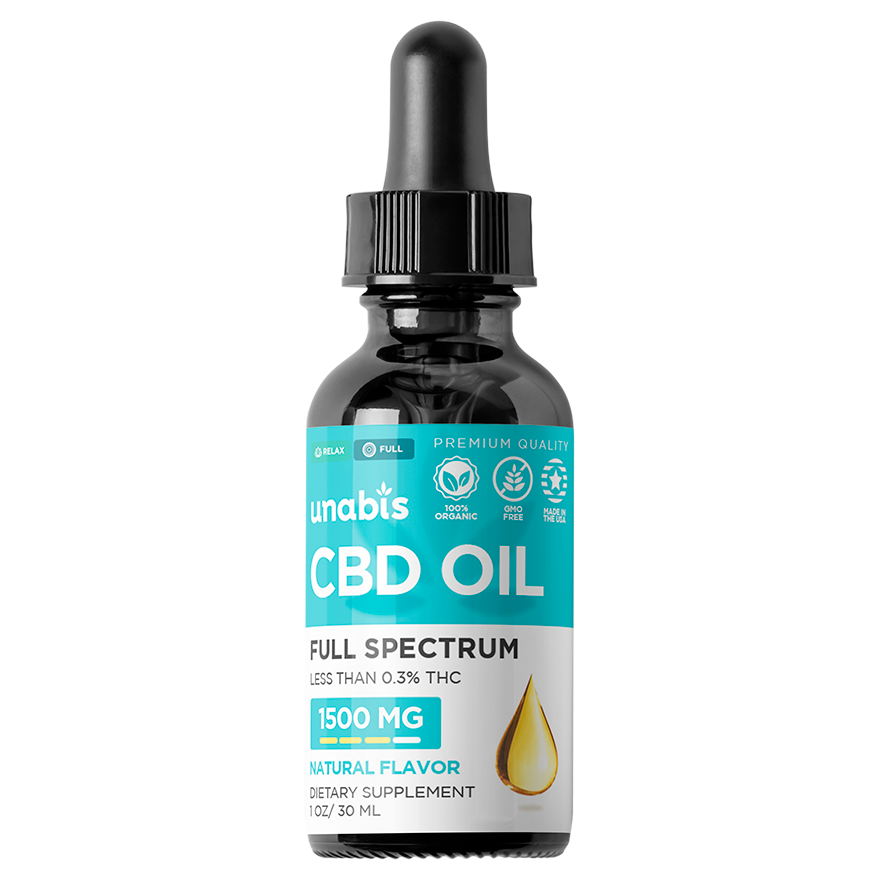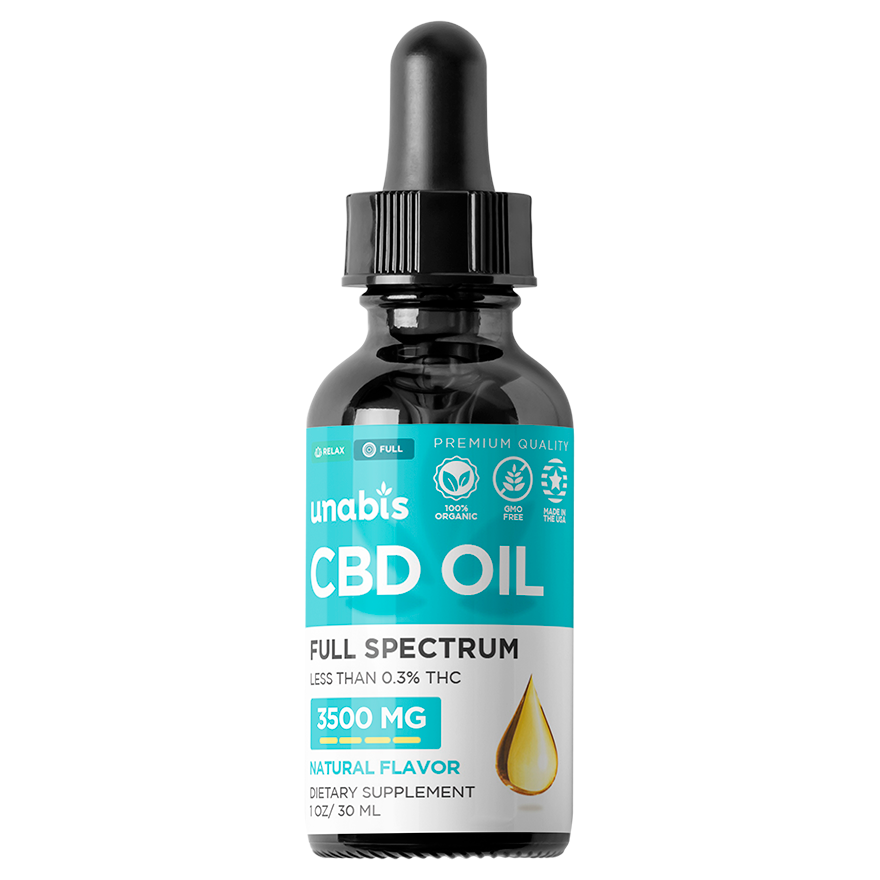Can CBD help you lose weight? Though it might sound too good to be true, that’s exactly what thousands of new CBD users have experienced. CBD appears to help with weight in several interrelated ways. It could help you stay active, fuel your motivation to eat better, and possess some metabolic benefits of its own. Keep reading to learn more about the potential of CBD for weight loss.
CBD and weight loss: how to get active again!
Is CBD Oil a pre-workout?
One of the ways to use CBD oil for weight loss is using it as a pre-workout. At first, it may seem counterintuitive. But both THC and CBD can be good options since both cannabinoids may calm the nervous system by helping to regulate neurotransmission and other cell-to-cell communication.
Simply taking a puff or two from a cannabis vape could be a great way to prime your body for an enjoyable workout session. Many medical cannabis users love taking cannabis prior to exploring the natural world via bike ride or hike. Consider trying it for yourself — we think you’ll find the cannabis + nature combo especially relaxing.
Is cannabis performance-enhancing when it comes to more competitive sports? More research is needed on that subject, though boxer Mike Tyson is reported to have toked up prior to his big fights.
Cannabis Plant, Body, and Weight: can CBD Oil speed recovery?
Move over, antioxidants: cannabinoids can also be used as a post-workout recovery tool. Research hints that CBD, THC, and several other cannabinoids may alleviate the chronic inflammation so many active people run into. Research also shows that cannabinoids may have an immunoregulatory effect.
But the real value of taking cannabis for recovery lies in its ability to reduce stress. Exercise, after all, is actually a type of stress itself! And the faster you can recover from this stress, the more you’ll be able to enjoy pain-free, restorative exercise.
The way in which cannabis may reduce stress is actually quite simple. According to endocannabinoid expert professor Vincenzo Di Marzo, it all has to do with your body’s built-in endocannabinoid system:
“The endocannabinoid system accompanies the fight-or-flight system and maybe has been evolutionarily conserved to combat the consequences of stress and to help vertebrates, which all have endocannabinoid systems, recover from stress as quickly as possible.”
Could CBD help with sleep and weight?
In an ideal world, your health and weight loss routine would have you sleeping soundly every night. Exercise usually does make it easier to sleep well, after all.
Sometimes, however, the very hormones exercise is meant to benefit can backfire on you. A stress hormone named cortisol is the biggest culprit. Cortisol can easily keep you up at night with racing thoughts, especially if you have a habit of working out close to bedtime.
This is where CBN comes in. A special breakdown product of CBD Oil (and THC, actually), early research has shown that CBN may directly promote sleep. If you want to get some more zzz’s, consider trying a CBN-rich cannabis/hemp extract several hours before bed.
Other cannabinoids may benefit your sleep quality, too. Why? Because virtually all cannabinoids activate the endocannabinoid system, which is tied to your circadian rhythm itself.
CBD Oil for Weight Loss: reduced inflammation = reduced weight
Of all the cannabinoids discovered so far, CBD Oil seems to be among the most anti-inflammatory ones. It ‘activates’ special receptors in the skin, muscle tissues, and vital organs.
The result of this activation is simple, but effective: reduced inflammation. And when inflammation is kept in check, good things happen. Many CBD users report alleviated chronic pain, increased mobility, and more. Getting these benefits is as easy as using a CBD topical after intense workout sessions.
As an added plus, topicals are ultra-easy to dose because you can tell how they’re working by how you feel. If you’re not experiencing relief after a few hours, just apply a little more!
Other cannabinoids make great topicals, too. Recent studies have shown that CBG, the “mother cannabinoid,” has impressive antibacterial properties. Cannabinoids can also be used as antioxidants — a role they’re so good at that they’ve been transforming skincare.
CBD oil is a rich source of the hemp plant’s natural benefits. Try Unabis CBD oil to reduce inflammation, boost weight loss, and speed up after-workout recovery!
CBD + THC for relaxation and reduced food intake
Most of hemp’s active ingredients are at least a little relaxing. But when it comes to deep relaxation, THC is the compound that really shines. THC alleviates mental stress by activating the areas of the brain responsible for eating, sleeping, resting, and forgetting.
What does this have to do with health and weight loss, you may ask? A lot, actually. Many of history’s best fitness icons — whether pro tennis players or powerlifting or even Bruce Lee — attributed their skill to their ability to ‘turn on’ their minds and bodies at just the right time.
In other words, they were either fully relaxed or fully immersed in their skill, with very little in-between. THC may help you achieve something similar by helping you leave fight— -or-flight living behind and access deeper levels of relaxation.
Cannabis and weight loss
All in all, cannabinoids make the perfect companion to an active lifestyle. The link between cannabis and fitness is so clear that cannabis consumption has been linked to thinner waist size and increased calorie burn.
If you feel that inflammation, chronic pain, or excess stress keeps you from enjoying exercise the way you used to, consider the possibility that hemp might help. It won’t hurt — and, if you do try it, you’ll definitely be in good company.
CBD for weight loss: what kind of diet is best?
Here’s another important thing about dieting: there’s no one-size-fits-all diet that will work for everyone.
Ever subscribed to a popular weight loss plan and attempted to eat perfectly for a while…only to not lose any appreciable weight? Or, worse yet, maybe your monklike adherence caused you to gain a few pounds. If so, you wouldn’t be alone. It’s happened to many people.
And the proliferation of pop-culture diets means it’s easy to jump around from plan to plan at the first sign of apparent failure. Everywhere one looks these days, there’s a new theory out on how you — specifically you — should eat to lose weight! Magazines, talk shows, and celebrities bombard us with such content daily. Though practical, these diets also tend to prey on feelings of excitement and hope.
If you’ve had this sort of experience you might be relieved to hear that there’s a better way, a higher truth. It’s this: any given person’s ideal way of eating is highly individualized.
There are a few key biological truths responsible for this effect. They are 1) the fact that different people become inflamed by different foods and 2) the fact that different people have different hormonal profiles.
Do you want to enhance your weight loss? Get our sugar-free CBD softgels and use the potential of CBD to your advantage!
Why does inflammation matter for body weight?
For example, let’s say person A switches to veganism and experience such great results that they proceed to preach what’s basically a vegan-only gospel. (we say preach, because many dietary victories do lead to near-religious adherence!)
While this person’s success is a good thing, it may not be experienced by everyone. Person A actually used to have an inflammatory reaction to all the processed meats they were eating, so it’s only natural that dropping these foods helped them.
Person B hears about Person A’s victory and catches a similar vision. This person needs to lose 20 pounds and become more athletic, too — could veganism work equally well for them? Unfortunately, weeks on their friend’s vegan diet doesn’t lead person B to the same level of success. Frustrated, they give up. Maybe they’ll try the paleo diet next…
What happened? It turns out person B had a gluten allergy made worse by the grain-heavy type of veganism they adopted. After a week of eating against their body’s natural preferences, their gut lining was weakened, their immune system tired, and their inflammatory markers (especially C-reactive protein) elevated. Bloating and weight gain were among the insidious results.
The body doesn’t necessarily ‘see’ certain foods, per se. More likely, it ‘sees’ the food’s macronutrient and micronutrient profiles, antioxidant content, hydrogen bonds…maybe even its bioenergetic imprint. These qualities dialogue with the biochemical machine that is the human body, in a way that’s very much scientific, but still has some art interspersed throughout it. Choose the wrong foods, and their bioactive components may set off an inflammatory reaction.
CBD and weight loss: what about evolution?
From an evolutionary perspective, it can be theorized that people from different haplotypes (i.e, from different ancient cultures) grew better suited to their respective dietary choices over the millennia — and less well suited, in turn, to other foods.
Those from Northern Europe, for example, often demonstrate lactose intolerance and casein sensitivity. Why? Because growing up, for thousands of years, they didn’t have access to milk and dairy…and their systems adopted accordingly.
How can one tell what foods are best suited (and least inflammatory) to them? While genetic testing is more and more of an option, the simplest method might be to simply pay close attention to how you feel after a meal. Are you bloated or sleepy, or do you feel energized? Also keep in mind that these feelings could reflect hormonal or blood sugar levels, too…let’s look at those factors next.
Why do hormones matter so much?
The average American eats more than they need to. According to the Pew Research Center, we’re eating about 23% more calories today than we were in 1970…without a corresponding increase in exercise.
That’s left both scientists and the public wondering: why do so many people feel hungry when they don’t actually need to eat? Why the apparent uncorrected imbalance between calories in and calories out?
While a comprehensive answer to this question is comprehensively complex, it likely comes down to one thing: hormones. In their natural context (ie, within a person that lives, works, and eats according to nature’s ideal), hormones are nothing but beneficial. The blood-sugar-regulating hormone insulin, for example, is capable of increasing muscle growth and lowering markers of stress like cortisol.
But in the wrong context, insulin’s anabolism is directed to growing brown fat cells, not muscle. This is exactly what happens when a high-carb, high-calorie diet is paired with inactivity. Insulin is a double-edged sword…and a fickle one at that. Even two people who share the same diet may exhibit different insulin levels in response to it. One person’s body may produce too much insulin and eventually become resistant to the hormone, which could eventually lead to blood sugar imbalances, out-of-control hunger, and even type-2 diabetes.
Another person, however, may be able to enjoy high carbohydrate intake with insulin-mediated impunity. Maybe they’re an athlete (working out is a known insulin-sensitizer); maybe their chromium levels (another promoter of insulin sensitivity) are perfect.
Either way, the verdict is clear: some people are just fine with lots of carbs, while others may need to try the keto diet or low-carb paleo for a while. And although most active people can safely handle carbs, even some athletes are finding they perform best on the ketogenic diet. Still others may find initial success with ketosis…but experience brain fog or collagen breakdown eventually.
CBD for weight loss: what the research says
Let’s shift pace a little now and look at what the leading research on CBD, dieting, and weight loss is saying. Interestingly enough, the Nation of Israel is a leading source of research in all three areas!
A large-scale study done by Israeli researchers from the Weizmann Institute of Science just confirmed the individuality of ideal carb intake. This study followed 800 people eating a whopping 46,898 meals. Apparently this sample size was sufficient to “[find] high variability in the [patient] response to identical meals”. This was reflected by variance in glucose levels after meals, and glucose, in turn, nearly always points back to the insulin levels we’ve been mentioning.
“After seeing this data, I think about the possibility that maybe we’re really conceptually wrong in our thinking about the obesity and diabetes epidemic,”
study author Eran Segal stated to Eureka Alert. Maybe a greater acknowledgment of individuality is needed?
Maybe, just maybe, it’s time to give up one-sized-fits-all approaches once and for all. Adding to the complexity, many different hormonal factors are interrelated. A person who becomes overweight by virtue of their insulin resistance will also become inflamed — if they weren’t already. And a person with resistance to leptin, a master weight-regulation hormone, will probably experience the kind of hunger that makes it easy to overeat and become insulin resistant, too!
Another huge driver of bio-individuality is the gut microbiome. Various metabolic types and health statuses have already been tied to different gut microbe profiles. Obesity often reflects a high proportion of the firmicutes bacteria; autism often comes with higher Lactobacillus and lower short-chain fatty acids. But, as with many kinds of research, these scientific findings have been somewhat confounded by a chicken-or-egg-type of standoff.
CBD and weight loss: the importance of experimentation
Because the actionables we can take from research findings are still somewhat limited, the best dietary solution remains simple: trust your body! Consider trying out several different ways of eating, and pay close attention to how they seem to be working for you. Elevated mood, increased energy levels, or improved sleep quality are all positive signs. So are reductions in inflammation and chronic pain. Intuitive, right?
Summing things up
At Unabis we believe every person has the power to improve their health and get down to their ideal weight. Providing powerful and healthy CBD for weight loss is what we’re all about!
Best CBD oil for weight loss
We also believe your well-being, wellness, harmony, and happiness are closer than you might think. You might be only one step away from complementing your everyday routine with premium, safe, and effective CBD Oil and CBD products for living in your best health possible.
Check out our extensive CBD selection here if you want to get back down to your fighting weight and feel your best.
CBD and Weight Loss: Extra Info
How much CBD oil for weight loss?
That depends on your body and your specific biochemistry. In general, the more you weigh, the more CBD you’ll need. Many people take a milligram of CBD per 10 pounds of body weight. If you weigh 200 pounds, for example, consider a target intake of 20 milligrams a day.
Does CBD oil help with weight loss?
It sure might! There’s a reason both cannabis and hemp intake are correlated with slimmer waist size. How to use CBD oil for weight loss? We like to view CBD Oils as a catalyst that can get your weight loss journey off to the right start.
What's the best CBD dosage for weight loss?
Many people do best on a low-ish CBD dose of 5-20 milligrams per day. While large doses of CBD Oil won’t cause the munchies or anything, they can become counterproductive if they make you feel lethargic.
Can I use CBD tea for weight loss?
You sure can! CBD tea is rich in aromatic terpenes that may help you dial in your gut health, further fueling weight loss. Does CBD oil work for weight loss. It does for many people. Stick with it and see for yourself. Can CBD oil cause weight loss? It sure can! Consider trying the trio of CBD oil, exercise, and healthy eating for about a month and then seeing what happens. You might be pleasantly surprised at the results.
How much CBD oil to take for weight loss?
The amount of CBD you need to take for losing weight highly depends on individual aspects, such as your weight and sensitivity towards CBD. Usually, it’s better to start small or consult a healthcare provider to choose a proper dosage.
